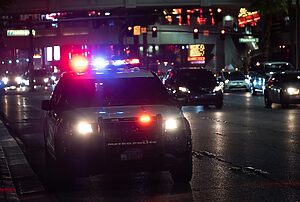Summarised by Centrist
The UK Supreme Court has ruled that under Britain’s Equality Act, the term woman refers to someone born biologically female, excluding transgender women from the legal definition.
The unanimous decision came in response to a challenge by feminist group For Women Scotland, who opposed a Scottish law calling for gender parity on public boards by including trans women with legal gender recognition.
The court ruled the law had effectively redefined woman beyond the scope of the Equality Act.
Justice Lord Hodge said terms like woman and sex were always meant to refer to biological sex. The judges warned that including trans women in this legal definition would render sex-based protections “incoherent and unworkable.” The ruling also noted that women face discrimination because of their biology, and should be protected as a distinct class.
Celebrated by “gender-critical” feminists, including JK Rowling, the judgment is a blow to trans rights campaigners. Scottish Trans called it a setback, and Stonewall expressed “deep concern.” However, the court emphasised that protections for trans people under other parts of the Act still apply.
The practical impact is yet to be fully seen, but the ruling may affect access to women-only spaces such as shelters, hospital wards, changing rooms, and sports. Lawyers say it brings clarity, but also note the challenges workplaces face in accommodating trans staff.



















